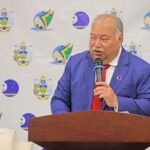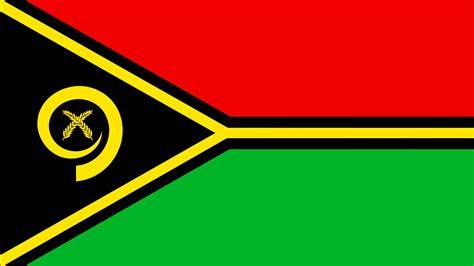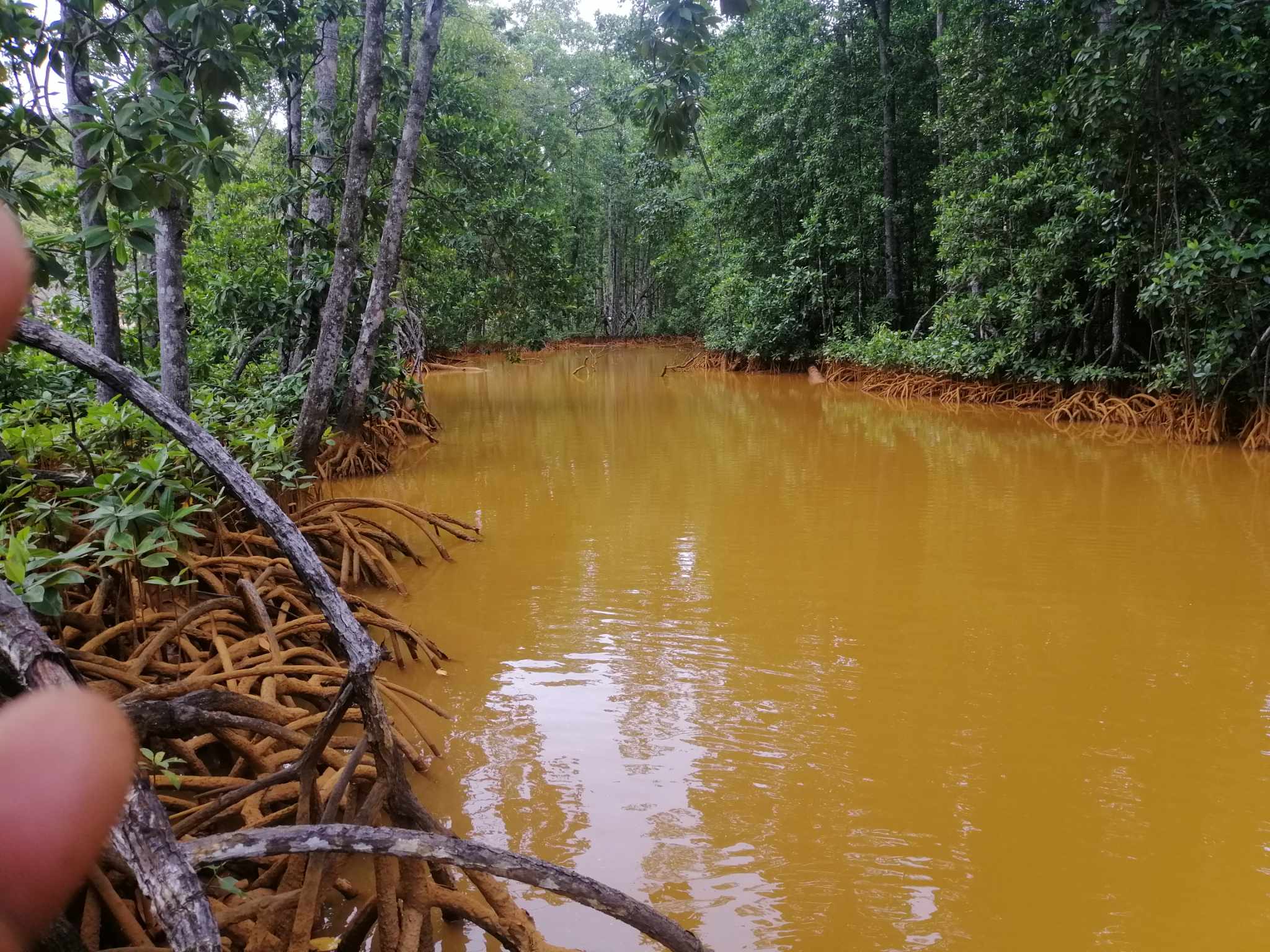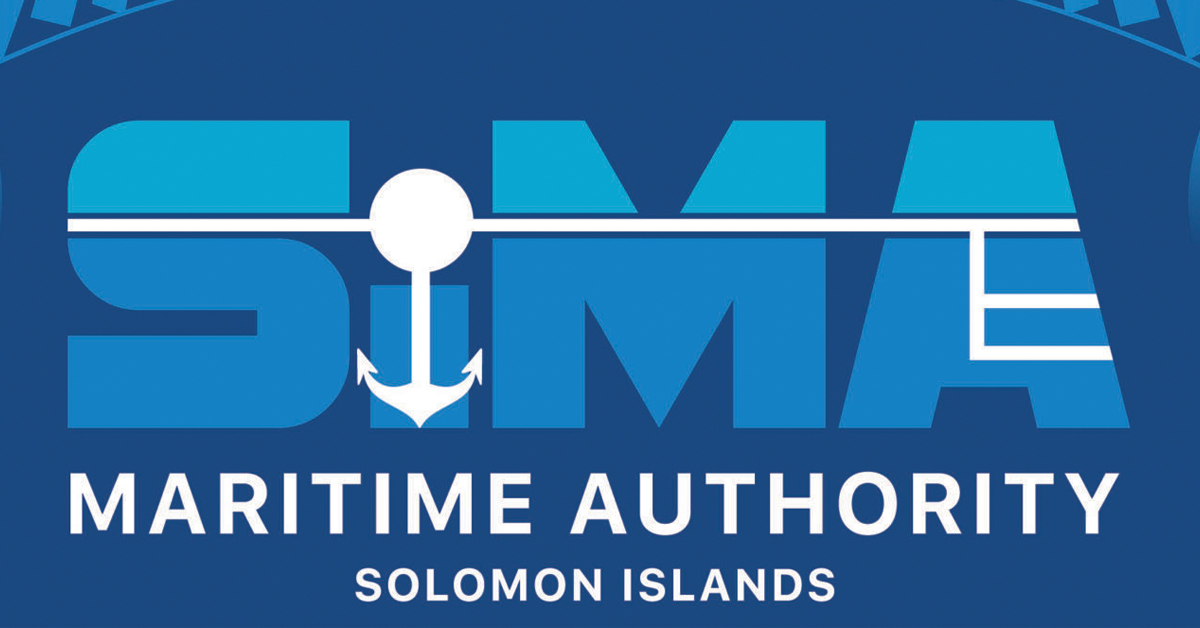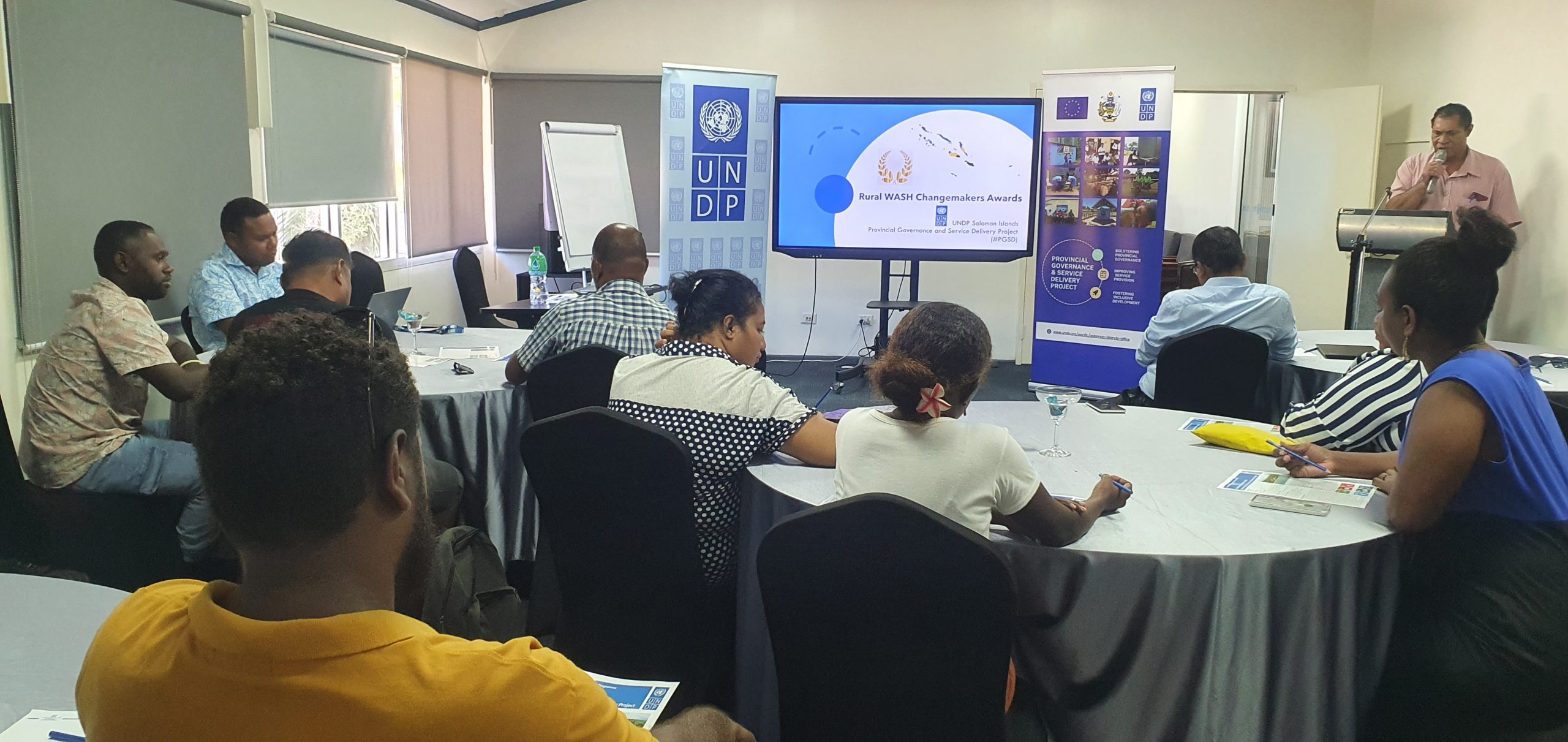photo supplied
AS one of the long time local environmental NGO in the Solomon Islands, the Environmental Concerns Action Network of Solomon Islands (ECANSI) express grave concerns regarding the ongoing release of treated wastewater from the Fukushima Daiichi nuclear power plant into the Pacific Ocean.
Japan is about to dump 1.3 MILLION MORE tons of NUCLEAR FUKUSHIMA WASTE into the Pacific Ocean system starting in JUNE 2024. This will be the third round since they started dumping in August 2023.
Our main concern is about the presence of tritium, a radioactive isotope, which remains in the treated water despite Japan’s Advanced Liquid Processing System (ALPS) treatment. These are based on reports about workers skin being contaminated when a release water pipe broke.
The workers required hospital treatment. In February 2024, there was another report on an accidental spillage of contaminated water into the ocean (source – Loop PNG). We, as part of the Pacific Island countries reiterate our calls about potential ocean contamination and long-term environmental repercussions. Our concerns are not unfounded, as recent reports showed.
Forum Secretariat: The Forum Secretariat, representing Pacific Island nations, issued a statement on less than a year ago, urging Japan to “prioritize the well-being of Pacific Island communities” and consider alternative treatment options. The statement underscores the need for a transparent and collaborative approach that addresses Pacific Island concerns effectively [source: Forum Secretariat website].
The independent assessment done by the PIFS Panel of Independent Experts raised concerns that the data shared by Japan was inadequate, insufficient, and inconsistent. The PIF Panel of Independent Experts have since released their assessment reports conveying technical and scientific findings.
We are custodians of the Blue Pacific, spanning 60 million square miles. In view of the Pacific’s nuclear legacy issues, and the complexity of the issue, the 2022 and 2023 Pacific Islands Forum Communiques recalled strong concerns by Forum Leaders over the potential threat of nuclear contamination to the health and security of the Blue Pacific, and noted the extensive Forum dialogue and engagement process taken over the last three years.
The potential risks associated with the wastewater release, particularly the presence of tritium, cannot be ignored. Tritium may be difficult to separate entirely and can bioaccumulate in marine life, posing a threat to Pacific Island communities who depend heavily on seafood for sustenance and the tuna fisheries as a major income for the countries.
ECANSI repeat the following statements (made by PIF Panel of Independent Experts) that the Japanese government to:
• Halt the ongoing release of Fukushima wastewater until a demonstrably safe and transparent long-term solution is developed.
• Prioritize exploring alternative treatment options that minimize risks to the Pacific Ocean and its inhabitants.
• Work collaboratively with Pacific Island nations to address their concerns effectively and ensure their voices are heard throughout the decision-making process.
Solomon Islands: The Prime Minister, Honourable Manasseh Sogavare at the 2023 United Nations General Assembly Meeting in New York, said the Solomon Islands is appalled by Japan’s decision to discharge radioactive water from the Fukushima Daiichi Nuclear Power Plant into the ocean, because of potential transboundary and intergenerational implications. He urged Japan to immediately stop discharging the treated water.
Solomon Islands remains concerned with the International Atomic Energy Agency (IAEA) report in endorsing Japan’s plan to release treated radioactive water from the 2011 Fukushima nuclear plant accident into the Pacific Ocean.
The Solomon Islands reminded all that the Pacific has been used as a testing and dumping ground for nuclear weapons and nuclear waste as the Solomon Islands is and remains a nuclear free state and party to the 1985 Rarotonga Treaty.
The Solomon Islands joins other countries in the Blue Pacific Continent who are signatories of the Rarotonga Treaty to maintain a nuclear- free Pacific.
Palau: Palau President Surangel Whipps Jr. was the only Pacific leader that has come out clearly to support Japan’s government decision to release the radioactive wastewater into the Pacifics, However, not everyone in Palau supports Japan’s decision or agrees with President Whipps’s position. In a letter to this editor, a local writer expressed objection to President Whipps’s decision without consulting with the people.
“Of course, our President is a smart and educated man, but I think on this problem, if he was wrong, hopefully he is proven right in the future. But if he were to be proven wrong, he would have committed an unpardonable sin against the future generations.”
More recently, On 29th April, a man sneaked into the Japanese Embassy at Koror, Palau and hung protest banners and poured red liquid as a sign of increased protest.
On 26th April 2024, the International Atomic Energy Agency (IAEA) concluded a new round of investigations into Japan’s Fukushima Nuclear Power Plant and their report is due in a few months time.
The health of the Pacific Ocean is paramount to the survival and well-being of Pacific Island nations. We cannot afford to gamble with the future of our communities and ecosystems.
Environmental Concerns Action Network of Solomon Islands (ECANSI)









